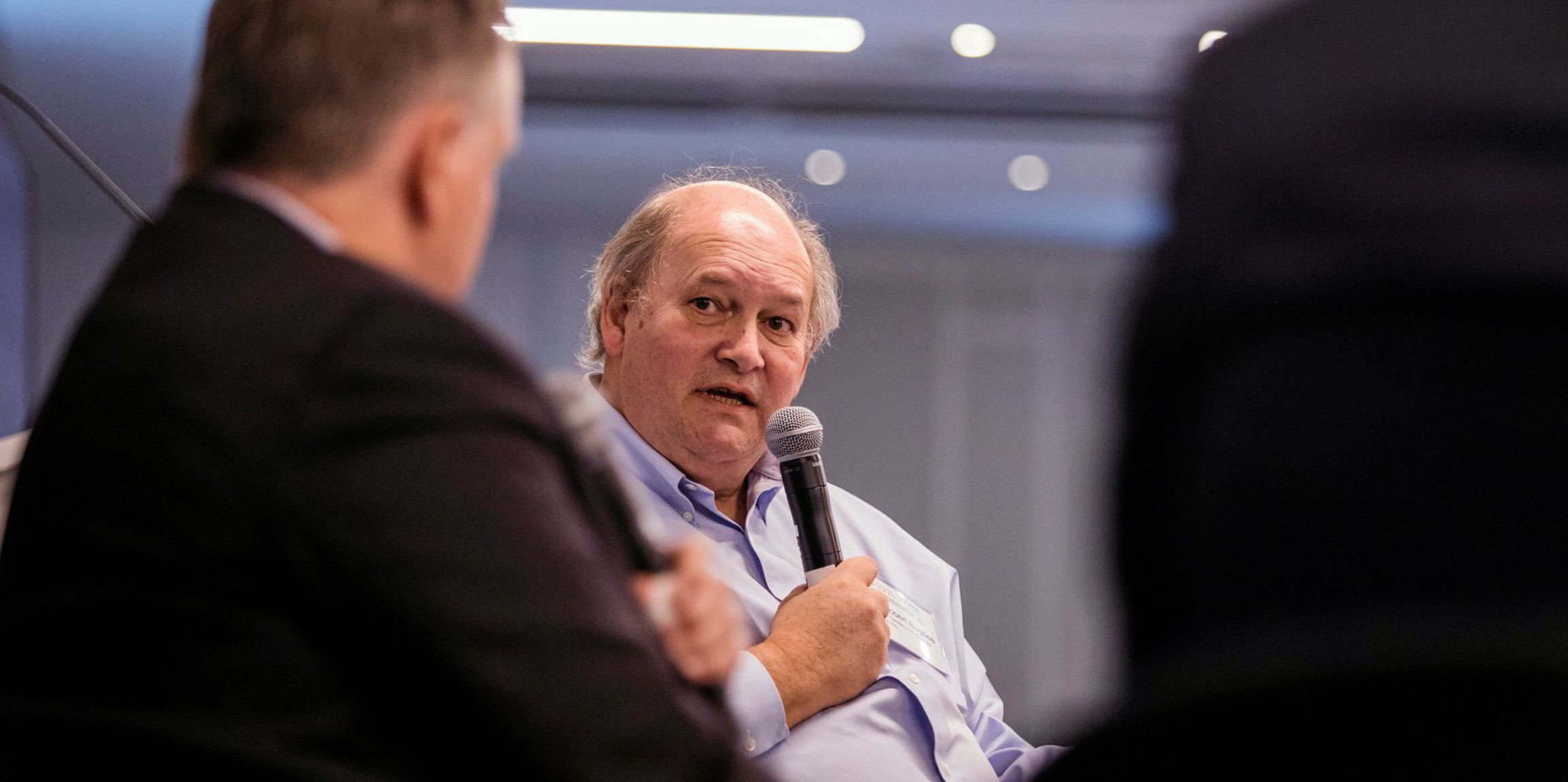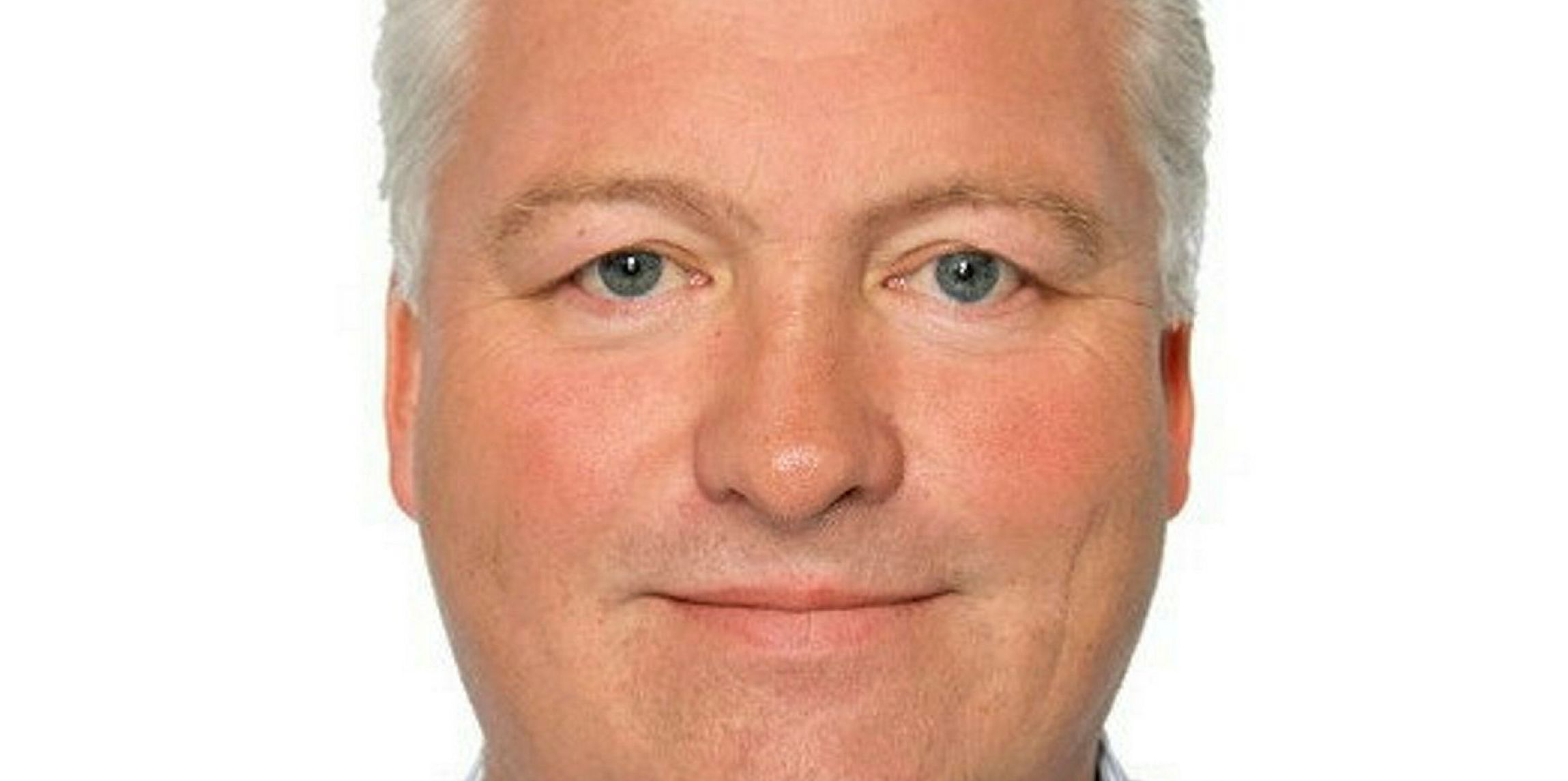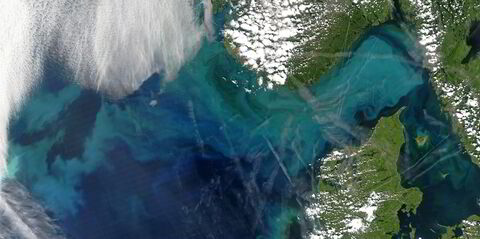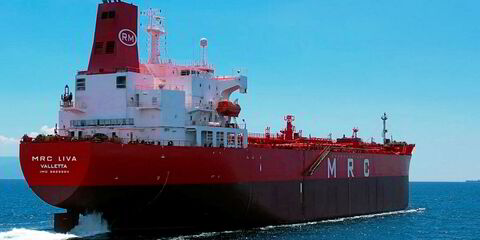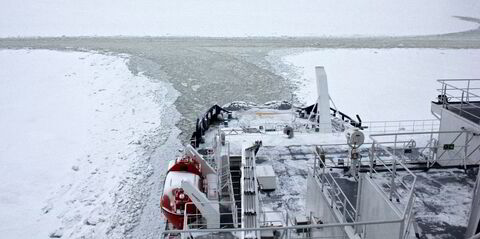Even if oil demand crumbles, product tanker owners believe the sector is viable.
Speaking at Capital Link's New York Maritime Forum — held online due to the pandemic — owners said there was a long tail for product tankers, even if the world has passed peak oil, as BP suggested last month.
"I don't think we're going to suddenly get away from the combustion engine or using plastics," said Scorpio Tankers president Robert Bugbee, whose company owns the largest product tanker fleet.
"I don't think this is really going to affect the product tanker market so much over ... the next five, six, seven, eight, nine, 10 years. I think you could really get premium earnings and cash flow bonanzas."
He said the supply side was going to be difficult to overbuild due to uncertainty on future emissions regulations, which should keep the global fleet small.
Further, fewer refineries could mean longer, "pretty exotic" trips, boosting tonne mile demand.
Ardmore Shipping chief executive Anthony Gurnee said that over the past 10 years product tankers were seeing 4% or 5% demand growth, despite oil demand growth of only 1% or 2%.
He discussed an International Energy Agency report that said peak oil demand would not come before 2040 and that demand was forecasted to rise at roughly the same pace as pre-pandemic levels.
"The key difference is attributable to refinery development and oil trade complexity," he said. "We think that both of these are going to continue or even increase."
"In reality, product tanker demand to 2030 might be slightly lower than before, but maybe not by much. Maybe it'll be 3% instead of 4% or 5%."
Short-term rebound
On a short-term basis, demand has come back, Hafnia chief executive Mikael Skov said.
"We had actually expected a slower rebound in demand, to be fair," he said.
"I think what we have seen already now in Q3 when you look at demand rebound around the world, it has gone substantially faster than what we would have expected and a lot faster than if you look back in 2015-16, when we had a similar inventory build."
He said brokers were quoting rates for the third quarter better than in years past, even with the demand destruction brought on by Covid-19.
"If your assumption is that regulators and governments around the world have some experience in how to handle it, the assumption for us is that it won't get back to normal very quickly, but getting to the levels we've seen and the rapid rebound is positive," Skov said.
